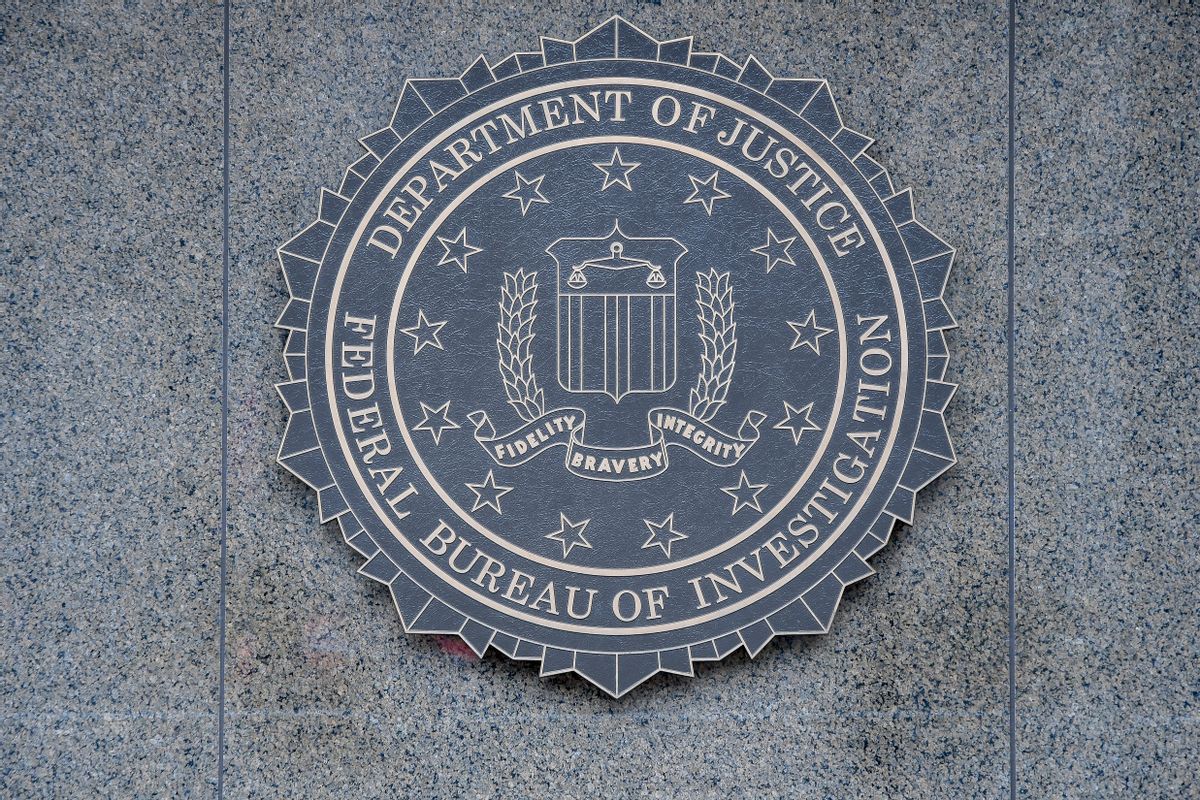J. Edgar Hoover served as Director of the Bureau between 1924 (then the Bureau of Investigation, renamed the Federal Bureau of Investigation in 1935) and his death in 1972. Even after all these years and the numerous biographies written about this enigmatic man, he remains a contradictory mystery to the American public, with his sexual orientation and stance towards African-Americans subjects still open to hot debate. To many, Hoover was a lawman of the highest order, dedicated to bringing wrongdoers to justice and keeping America strong. To just as many, he represented all that was wrong with a system that entrusted too much power in the hands of one man. They saw him as a tyrant who rode roughshod over individuals' rights and freedoms in the name of safeguarding the country.
What there is little debate about, however, are the numerous petty abuses he unthinkingly subjected subordinates to. Hoover ruled with an iron fist and was seldom questioned even when his way of doing things was suspect. He viewed the department as his and everyone in it as there to do his bidding, and he often failed to separate his away-from-the-office needs with his requirements as director of the FBI. Bureau personnel were routinely used to write his speeches, run his errands, and even fill out his personal income tax returns. His private concerns became departmental concerns as Hoover regarded the department as an extension of himself.
One incident in particular highlights this attitude: Upon going on a diet to battle his own bulge, he issued a Bureau-wide directive that henceforth agents would conform to the suggested weight standards of the Metropolitan Life Insurance Company or else. A round of crash diets quickly followed, with every overweight agent in the field offices and at headquarters hastily shedding extra pounds they'd accumulated ... everyone but Hoover, that is, who despite his diet remained at the same weight as before.
Hoover was famous for penning instructions and comments in distinctive blue ink in the margins of FBI memos, then routing them back to the sender for action. Perhaps it was this habit which fueled his insistence that all memos have generous white space left around their text — he needed a place to scrawl his notes after all, and in Hoover's mind his needs were the department's needs.
That insistence of Hoover's led to a legend about a misunderstanding it allegedly created, with rather outsized consequences:
I heard this tale from someone whose college roommate said he had heard Watergate conspirator G. Gordon Liddy tell it in a lecture given in 1982 or 1983:
J. Edgar Hoover, former director of the FBI, had a rule stating that all FBI memoranda were required to be shorter than two and one-half typed pages and with wide margins all around. Hoover himself once received a memo that violated this prescribed length and format.
The writer had managed to cram more words into his memo by reducing the size of the margins. Hoover responded by writing on the memo, "Watch the borders!" When Hoover's subordinates saw the note, they assigned hundreds of special agents to guard our national borders with Mexico and Canada.
Cartha DeLoach was Hoover's assistant from 1965 to 1970, making him the #3 man in the Bureau at that time. He recalled the "borders" incident thusly:
One day a memo on internal security that had been sent up to Hoover came back with a message in the familiar scrawl: "Watch the borders! H." Telephones began to ring all over the building, everyone asking the same question: "Is there anything going on in Mexico or Canada we should know about?" "Maybe we ought to call the Immigration and Naturalization Service." Somebody said, "Why don't you just ask Hoover what he knows that we don't know?" But no one wanted to show his ignorance. So we called Customs and they didn't know any more than we did.
Several days later a supervisor was again reviewing the memo when the answer to the question jumped out and smacked him in the face. The memo had been typed with the narrowest possible margins. Hoover, always fastidious, had picked up his pen and in annoyance had scrawled, "Watch the borders!"
Through the magic of retelling, a few phone calls made to see if something was up with America's northern and southern neighbors was transformed into coveys of G-men being sent scurrying to defend the nation's shared borders.
Is any of this story true, though? It's a great tale to get across the image of Hoover as the tenaciously autocratic bureau head so feared that even his most trusted lieutenants dared not question any command he issued, not even to clear up a potential misunderstanding, but whether it's a real account of an actual incident or simply a concocted anecdote may forever remain as much a mystery as Hoover himself.


